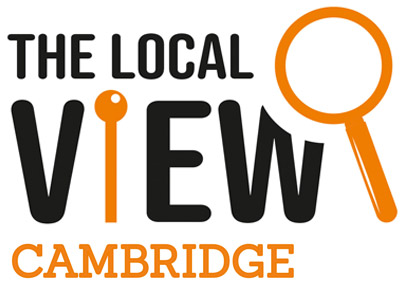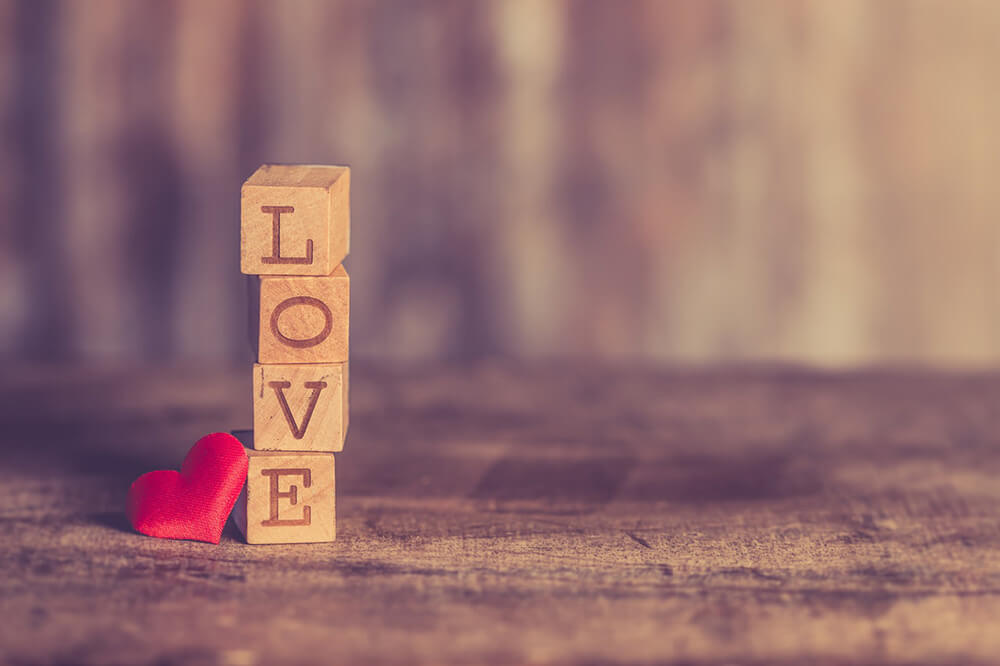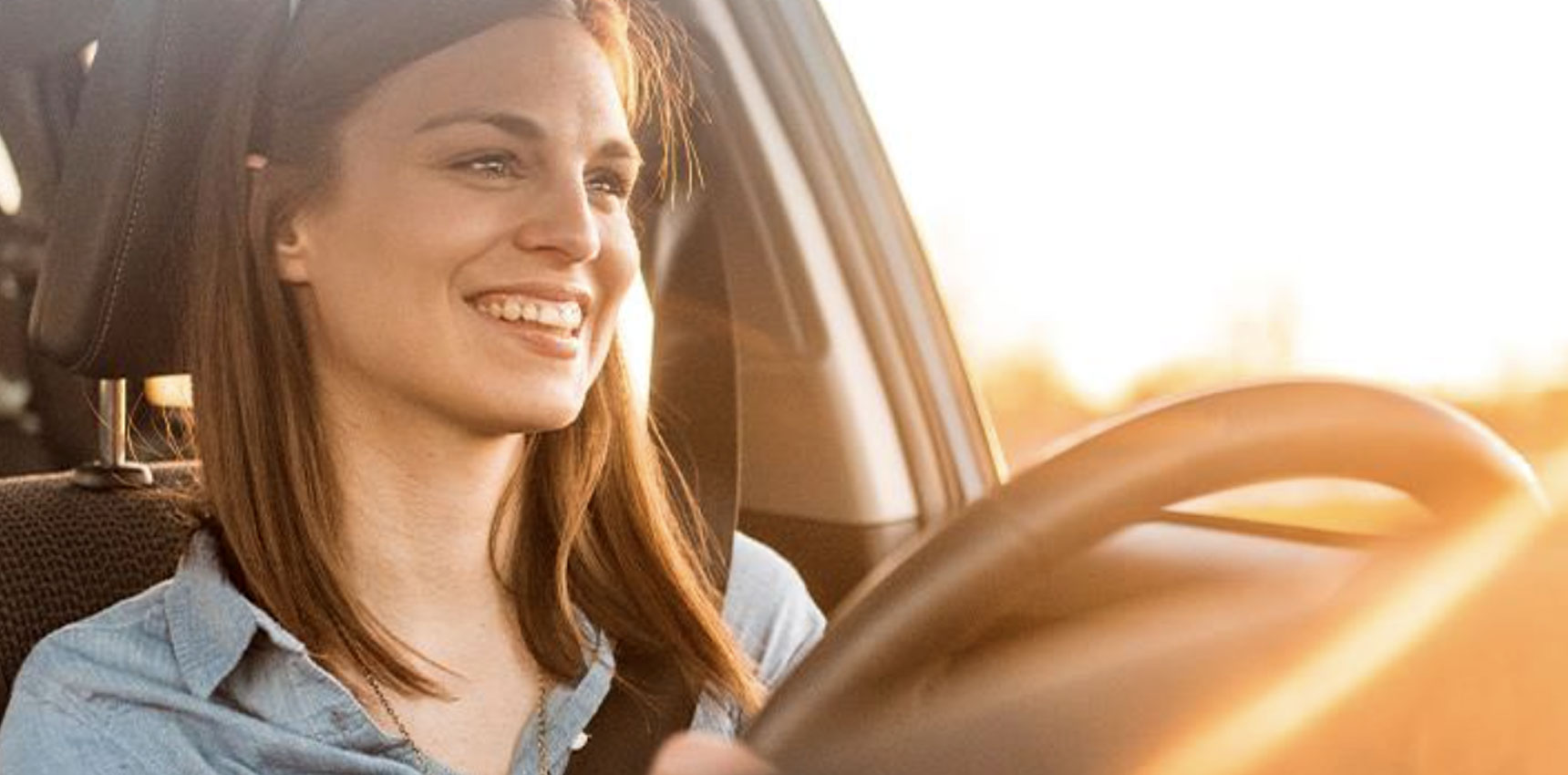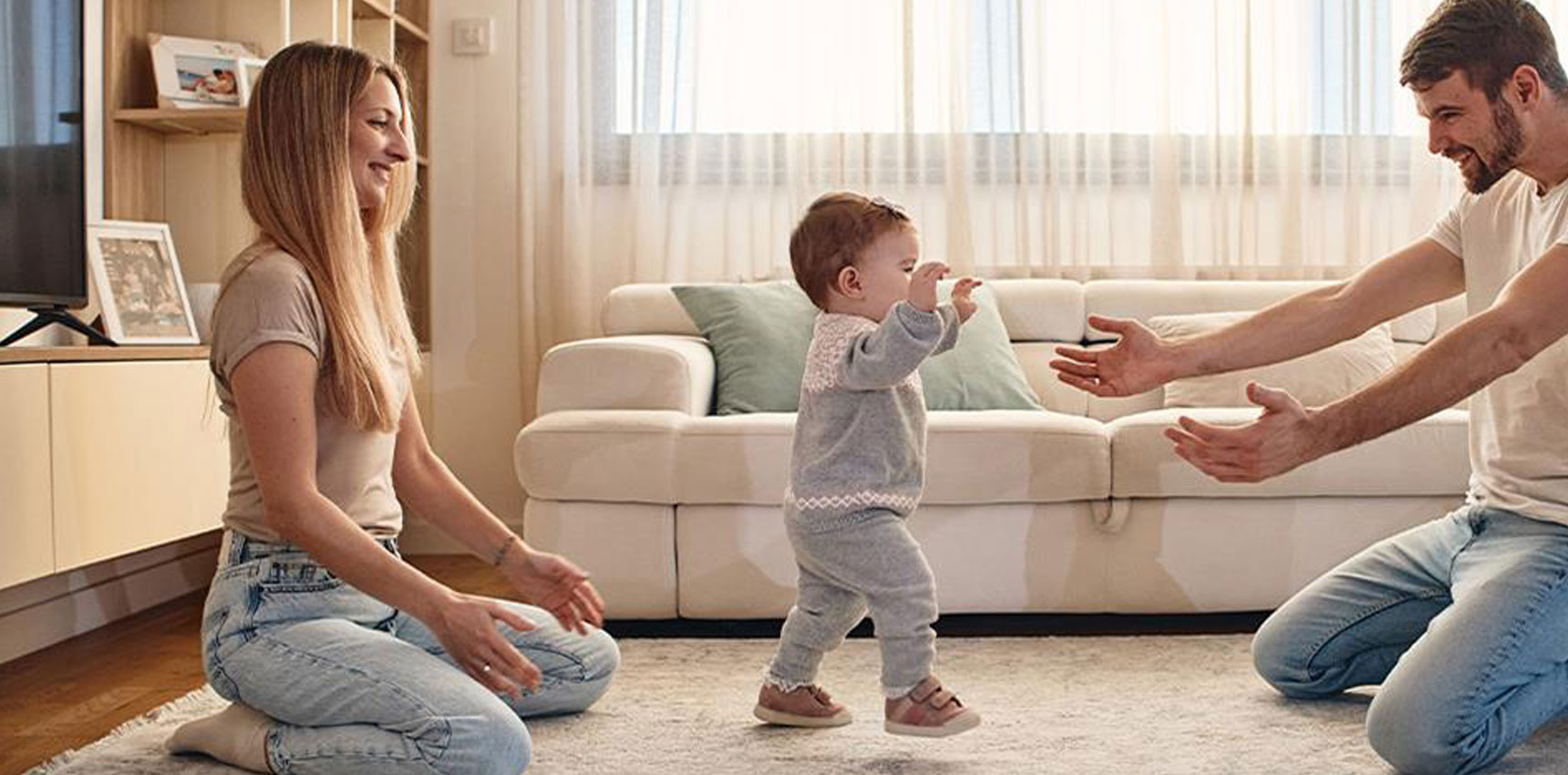Valentine’s Day has transformed over the centuries from a wild, three-day pagan festival to the modern day for lovers. Let’s look at the history of how people celebrate Valentine’s Day, which even with the challenges of 2021 is an opportunity to take a step back and remember who matters in your life – or indulge in some self-care!
An ancient festival
The origins of Valentine’s Day can be traced back to ancient Rome. The Romans loved feasts and festivals, and from 13 to 15 February they celebrated the pagan feast of Lupercalia. This was a festival to ward off evil spirits and purify Rome. But it was another theme that is of interest when tracking down the origins of Valentine’s Day: to summon up improved fertility for the people of Rome.
By modern standards, the festival was a brutal affair. Young women would line up so that men could hit them, believing this would make them fertile. There was much drunkenness and nakedness, with a lottery system matching up young men and women for coupling. And, even more bizarre, the men would sacrifice a goat and a dog, and then whip women with the hides of the unfortunate animals.
The festival is most likely the root of the Valentine’s Day we know today, and it has another clear legacy. It later became known as ‘Februa’ (meaning ‘purification’), and that in turn morphed into ‘February’.
St. Valentine’s Day is born
Ancient Rome has another role to play in our story of Valentine’s Day. Emperor Claudius II executed two men named Valentine on 14 February in different years of the 3rd century ad. It seems that at least one of them was executed for performing marriages in spite of Claudius’s ban on them. Their deaths were honoured by the Catholic Church with the celebration of St. Valentine’s Day.
Fast forward to the 5th century ad, and Pope Gelasius I combined St. Valentine’s Day with Lupercalia. In doing so he hoped to expel the pagan aspects of Lupercalia. The day remained a day of fertility and love, still with drunkenness but less nakedness.
We can also look to the Normans in Northern France for their role in the history of Valentine’s Day. They celebrated Galatin’s Day around the same time of year, with Galatin meaning ‘lover’, and this appears to have become jumbled up with St. Valentine’s Day.
Becoming a day for lovers
By the Middle Ages, Valentine’s Day was becoming associated with romantic love rather than lust or fertility. We know this because in the 14th Century Chaucer wrote of Valentine’s Day being the day when ‘every bird cometh to choose his mate’ in a poem to mark the first anniversary of Richard III’s engagement to Anne of Bohemia. Chaucer’s mention of birds wasn’t by accident. At that time, many considered 14 February to be the beginning of birds’ mating seasons.
The adoption of 14 February as a day for lovers was well on the way. In 1415 there were records of people writing valentines to each other. Shakespeare mentioned the day in Hamlet, written around 1600.
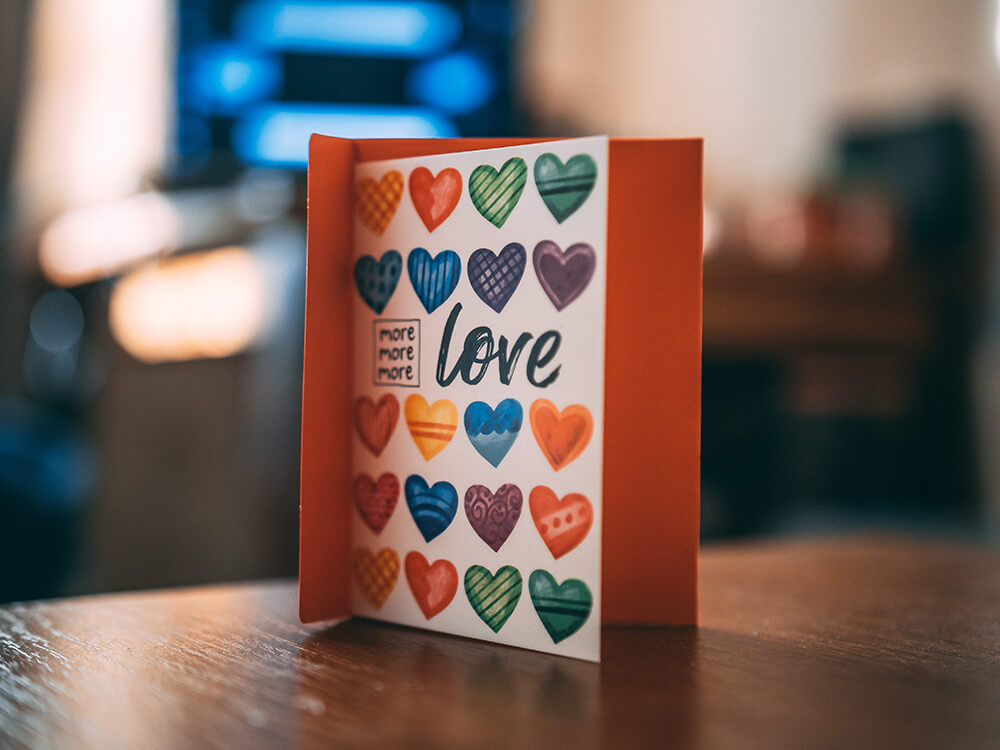
As is often the case with these things, the day really took hold when people realised its money-making potential. The availability of large-scale printing capacity also played a part. Hallmark Cards started mass producing valentine’s cards in 1916.
A day worth celebrating
Some may see it is an overly commercialised day, but I disagree. If a special day once a year prompts people to demonstrate their love for each other in a nice way, surely that’s great.
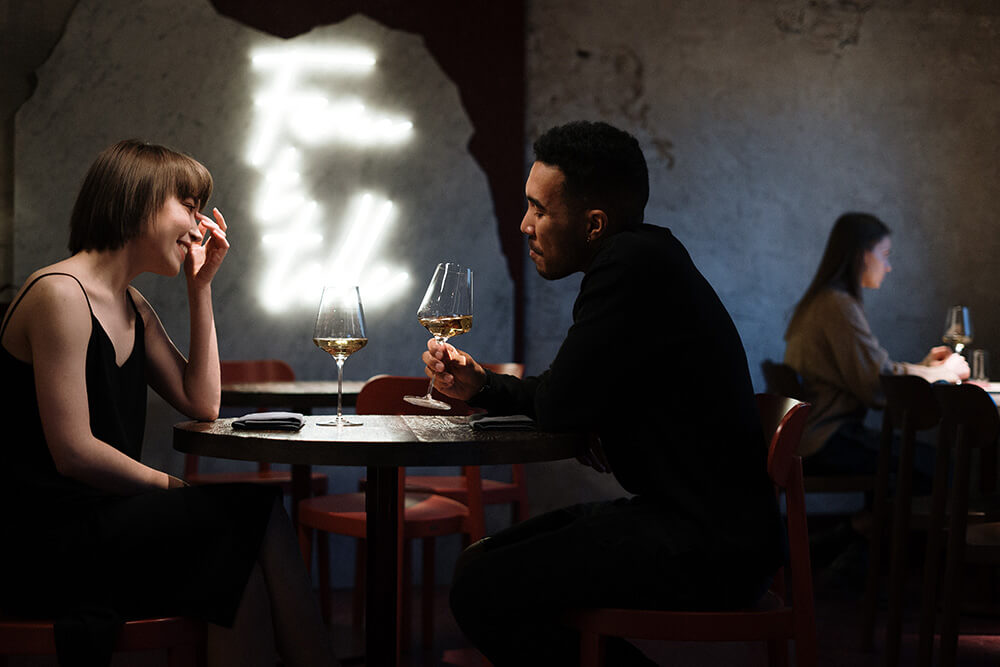
And for the single among us, the following day has for some years been known as Single Awareness Day (SAD), when single folk indulge in some self-care, maybe cooking themselves a nice meal and scoffing a few chocolates. Sounds good to me.
WORDS Richard Groom
